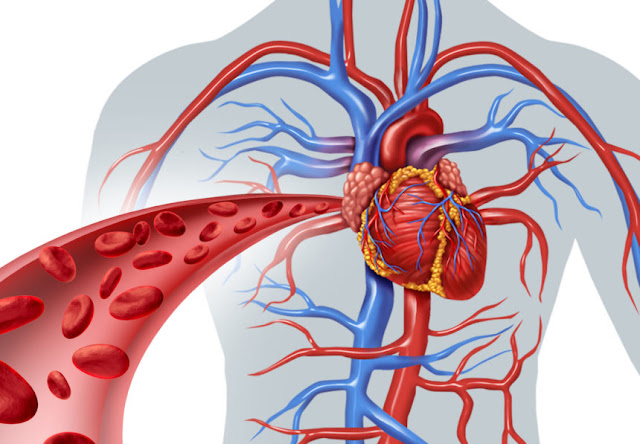Cardiovascular Disease - Risk Factors and Its Types
Millions of
people across the globe are affected by Cardiovascular Disease (CVD)
or heart disease. It is a combined term for many different conditions
affecting the heart and its functions.
Risk Factors
The risk factors
for cardiovascular disease can be classified into two groups: one
that you can control and the other one beyond your control.
-
Controllable risk factors can be managed by you by making a few lifestyle changes. These include diet, inactivity, smoking, excessive consumption of alcohol, high cholesterol levels and high BP.
-
Uncontrollable factors include age, ethnicity, gender and family history.
Even one factor
can put you at the risk of developing CVD. If you have more than one
risk factor, the risk multiplies. Meet a heart specialist doctor to do a risk assessment for yourself.
Types of Cardiovascular Diseases
Cardiovascular
diseases can be broadly classified into five groups. A few of these
types fall under more than one group.
-
Cerebrovascular Heart Diseases
The blood vessels and the supply of blood to the brain are affected
in this category of CVD. The impediment of blood flow can result in
damage or death.
-
Hypersensitive Heart Diseases
High blood pressure causes the blood to flow through the veins and
the heart at a very high rate. This causes the heart to overwork and
can lead to CVD and other problems.
-
Inflammatory Heart Diseases
This is an inflammation that affects the heart muscles, its inner
lining or the sac surrounding it. The cause of the inflammation could
be anything from the surrounding environment, including virus,
bacteria, pollution, food and water.
-
Ischemic Heart Diseases
These are caused by the narrowing down of the arteries blocking the
supply of blood to the heart.
-
Rheumatic Heart Diseases
This is caused due to rheumatic fever and generally affects the
younger generation. It can cause damage to the valves and the
muscles.
If you are at a
risk of CVD, act upon the controllable factors to lengthen your life
span. Visit a good heart hospital and fix an appointment
today.



Comments
Post a Comment